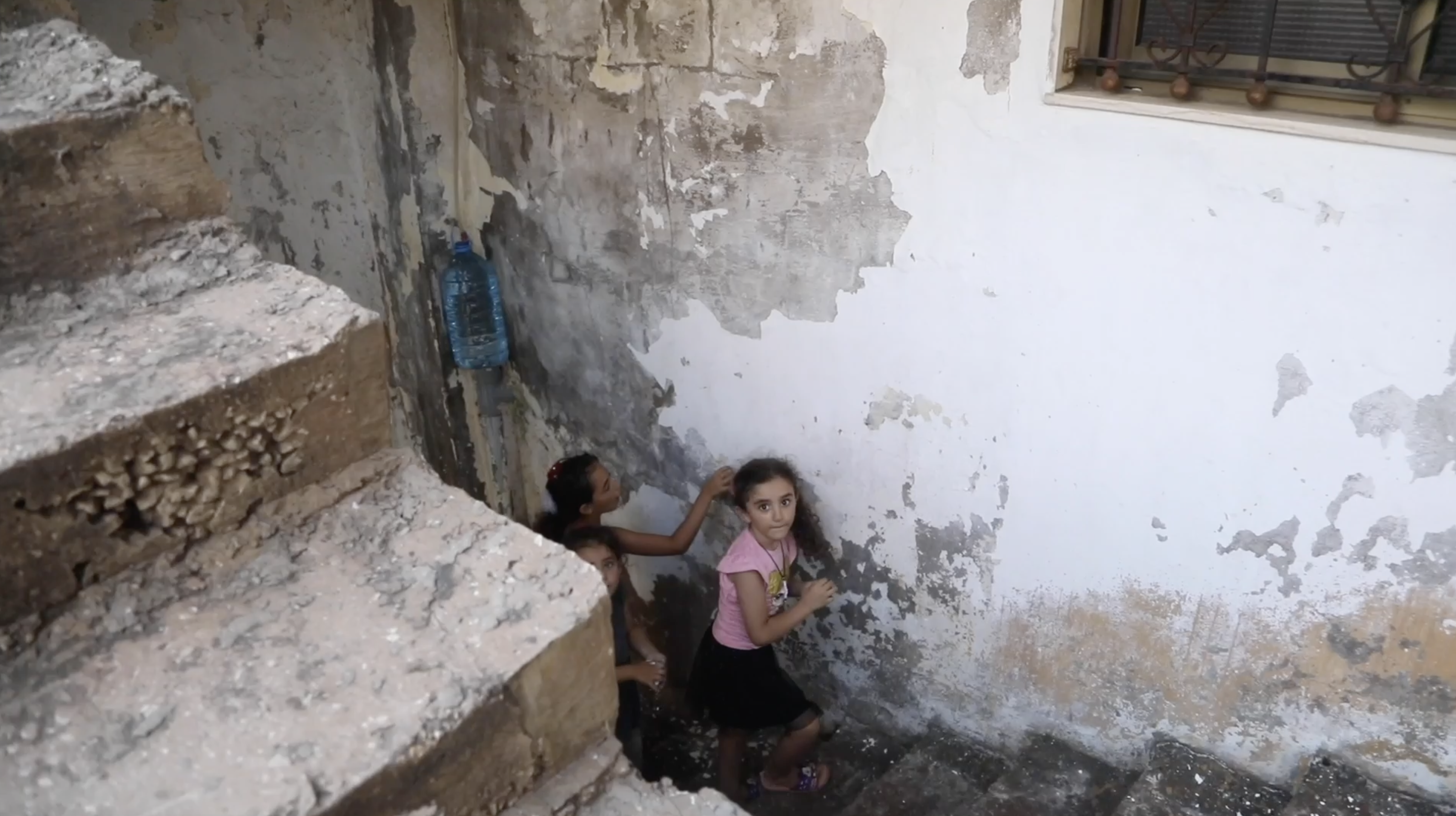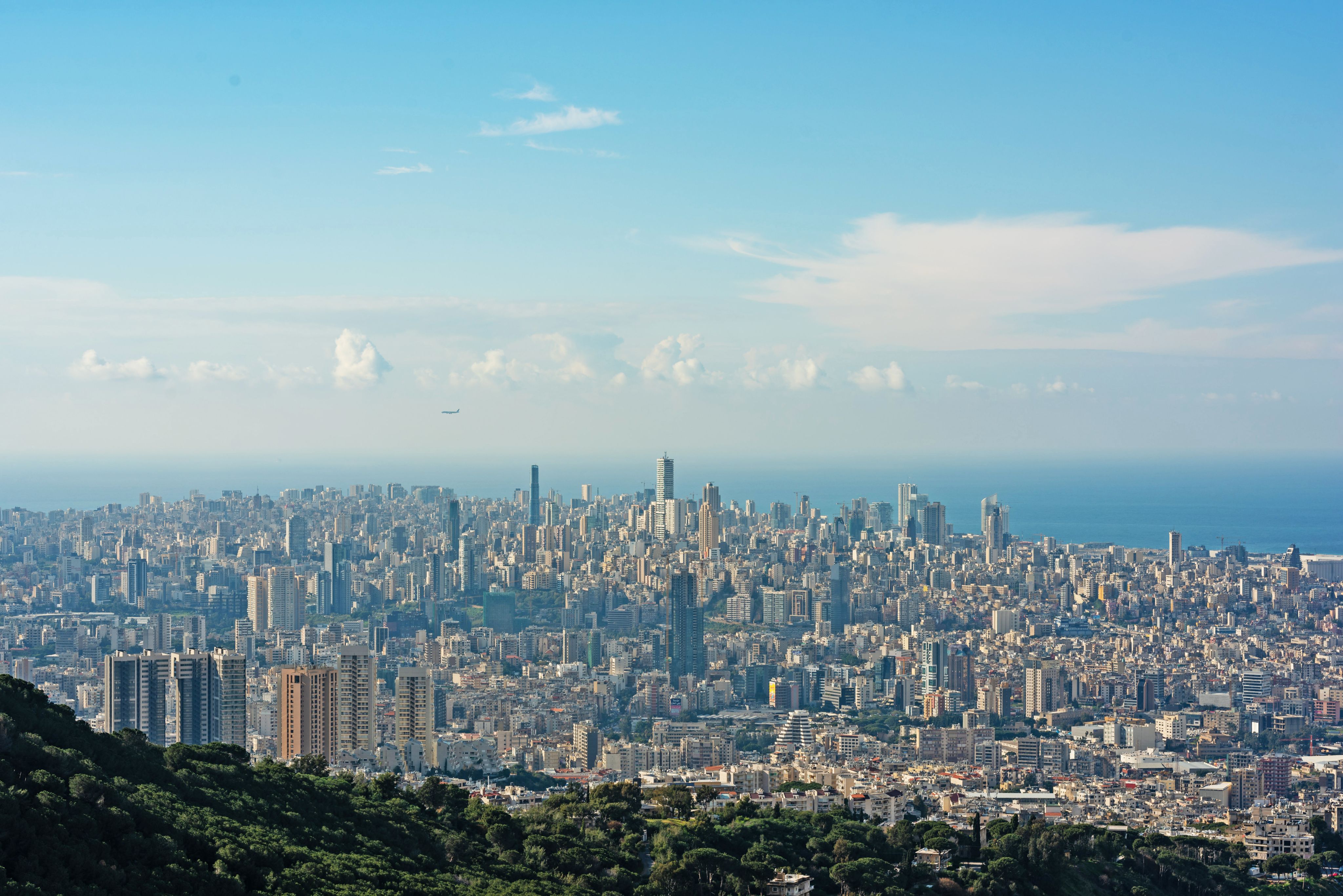
Beirut, Lebanon
After conflict forced them to flee their homes in Syria, refugee families in Beirut are struggling to survive the ongoing economic, financial and political crises, made even worse by the impacts of the COVID-19 pandemic and Beirut port explosion.
Where are Fatima and Farah?
Syrian families have lost everything to relentless conflict and violence in their country. Today, 1.5 million Syrian refugees are living in tents and derelict buildings in Lebanon, mostly forgotten by the world.
Fatima and Farah* are single mums raising their kids in Lebanon, in a camp built decades ago for Palestinian refugees. The Palestinians are still here. And for 10 years now, refugees from Syria have been streaming in, too. There’s no place else for them to go.
It’s an urban camp – narrow streets criss-crossed with live electrical wires, one-room apartments stacked high and haphazardly. Rubbish and sewage clog the streets, endangering children’s health and the environment.
It’s a hard place to raise a family.
Fatima and Farah have lived here for years, but it’s never felt like home. They will always be outsiders. Unwanted and unwelcome.
*Names changed for protection
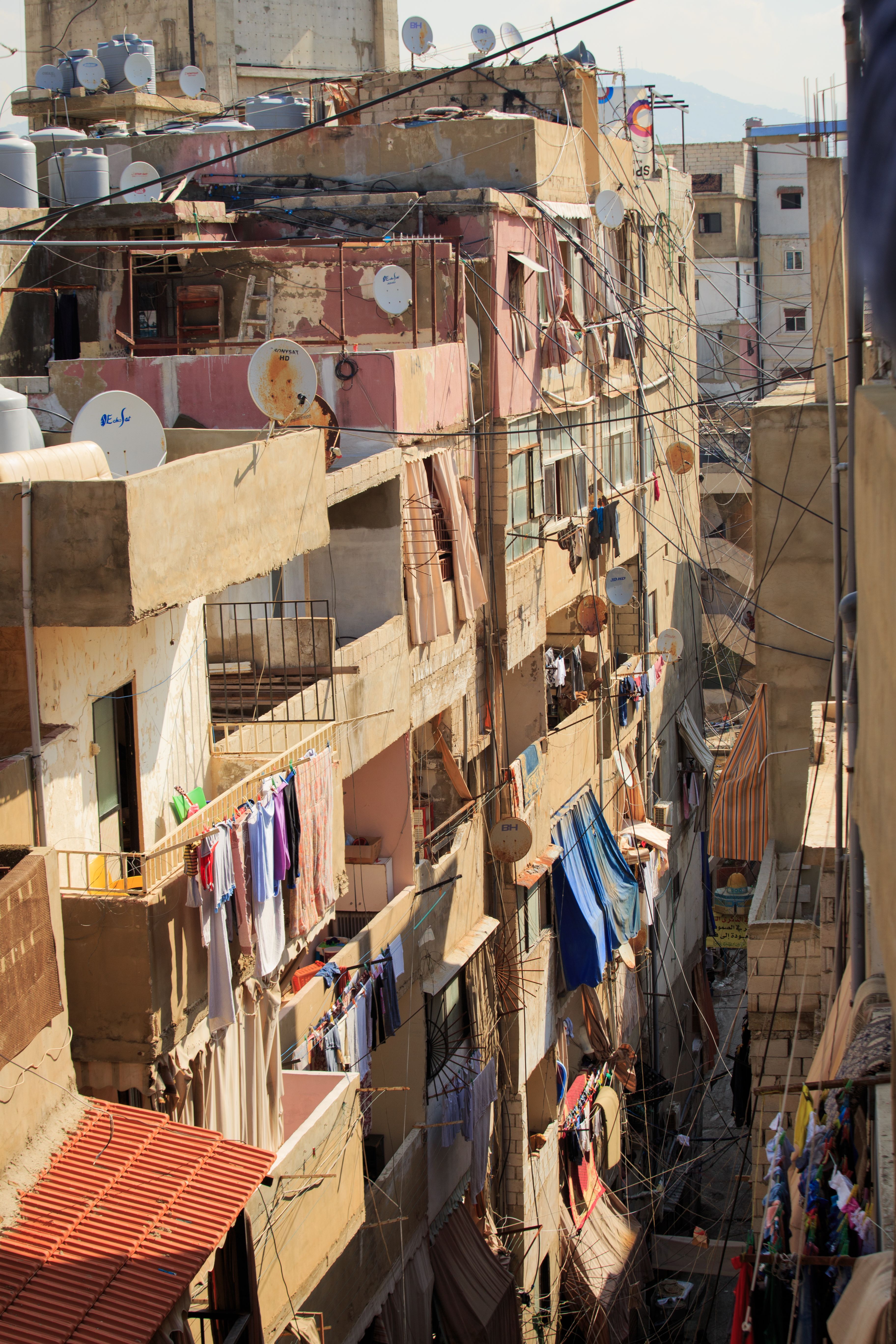
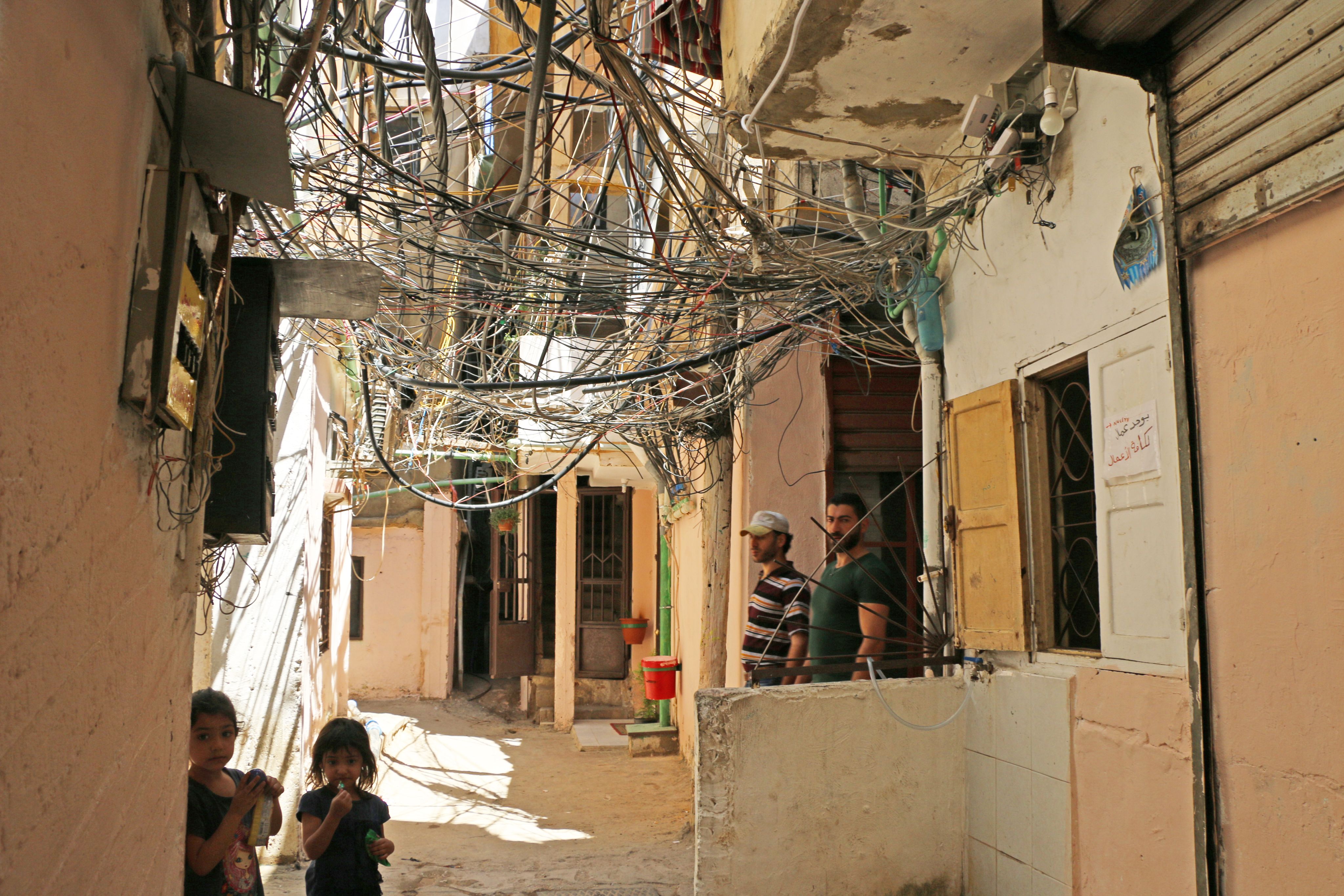


How did they get here?
Lebanon hosts the most displaced people per capita in the world. One in four people here is a Syrian refugee. With the deepening economic crisis in Lebanon, resentment against Syrians is growing.
Fatima and Farah came here on the run, fleeing conflict in Syria. They aren’t related, but their stories are so close – they could be sisters.
"I escaped the war in my homeland nine years ago and settled in a camp in Beirut. Things just went downhill from there. My husband became depressed after losing most of his family in Syria. He started abusing his prescription medicine. He became more aggressive with me and our seven children. Currently we are divorced. I don't know his whereabouts."
Fatima, age 33
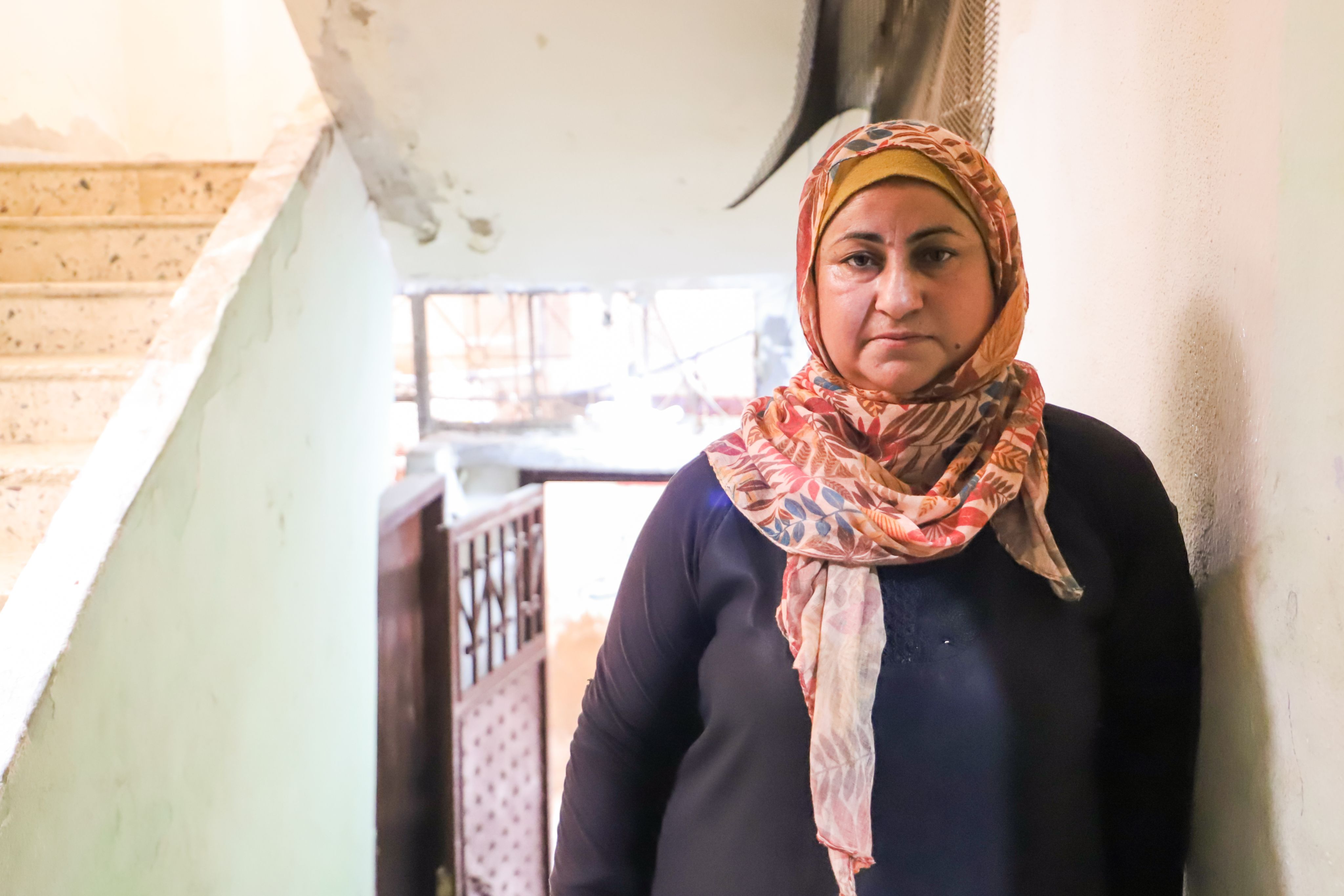
"I arrived at this camp five years ago with two small children. My husband was supposed to be with us. However, he went missing while on the road, probably kidnapped. We did not hear from him ever again."
Farah, age 41
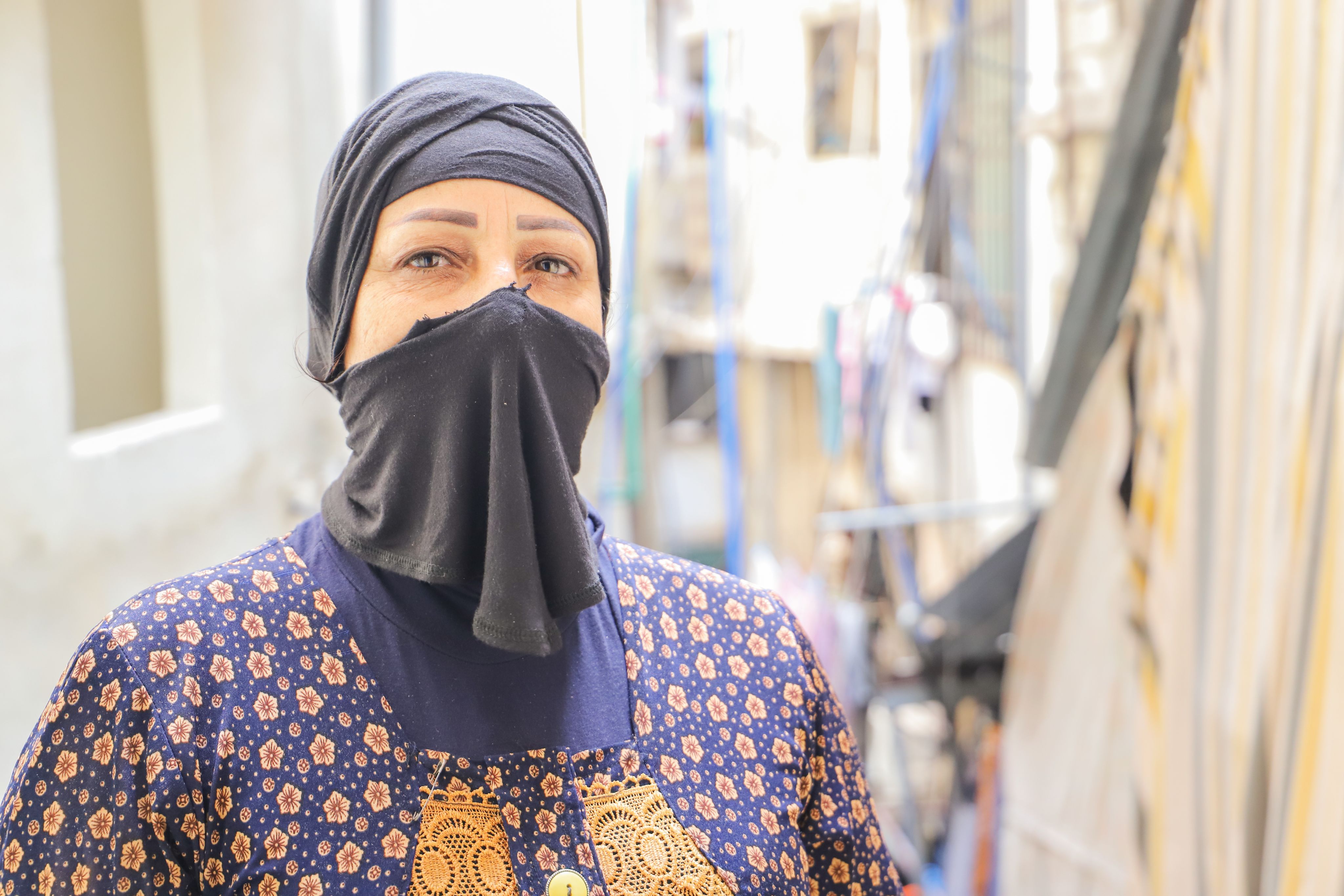
Fatima and Farah are on their own. Alone, afraid, and under intense stress.
They are the only ones standing between their children and the dangers of camp life.
In the camp, there’s no piped water or sewer. The streets flood when it rains, carrying a filthy tide of waste into people’s homes. The air and water are polluted. The power goes out all the time, leaving them in total darkness.
"At one point, I wondered if it’s worth enduring such a life. However, I kept thinking of my children. They are the reason why I am still fighting,” says Fatima.
What is their greatest fear?
LIVING ON THE STREETS
In the last three years, the Lebanese pound has lost 90% of its value. Food prices have spiked 400% due to the compounding effects of political, climate and health crises. Lebanese and refugee families are strained far past their limits.
"I must be able to pay the rent and the electricity bill. Otherwise, we end up on the streets,” says Fatima.
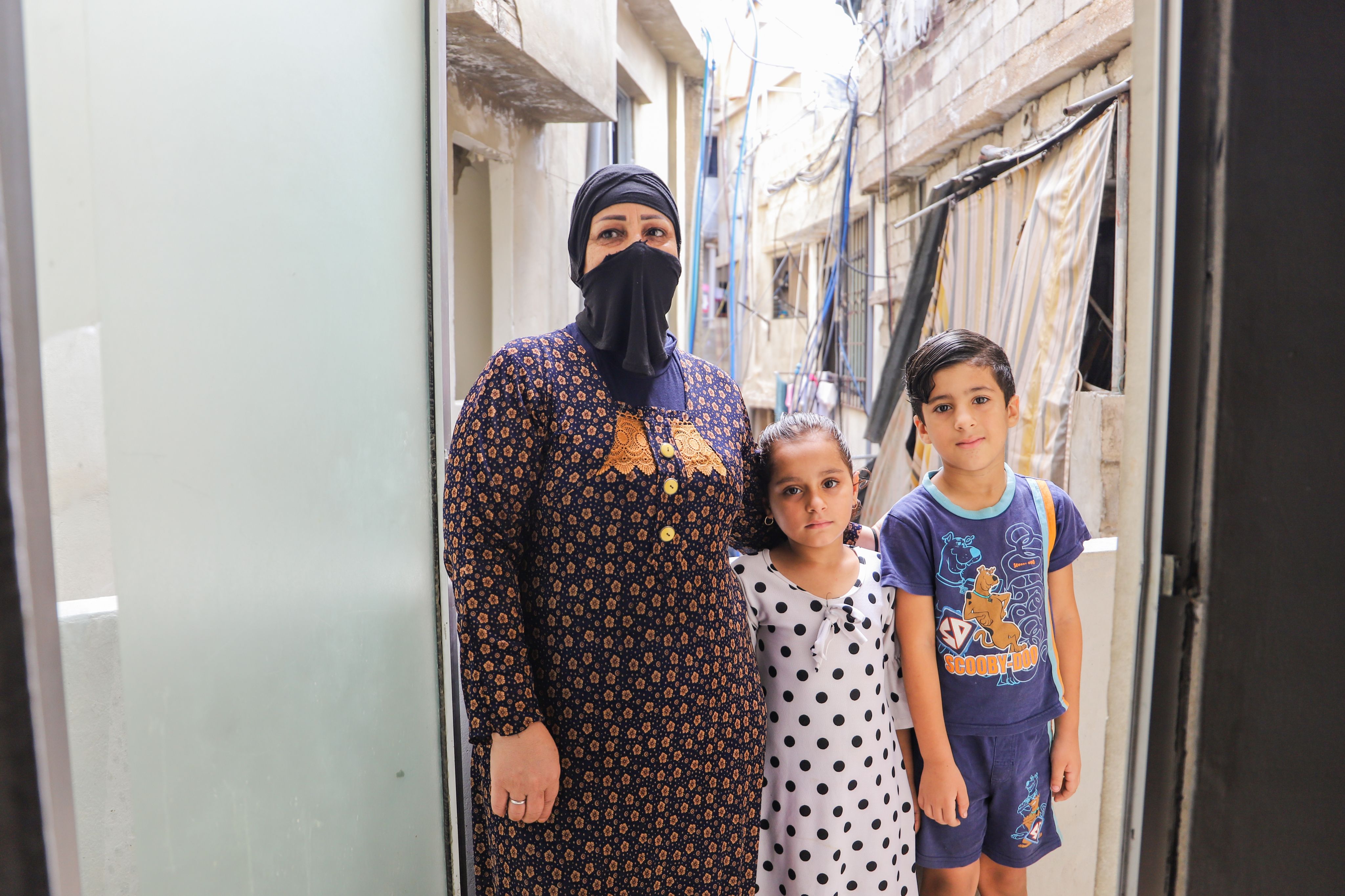
“I feel bad because I can’t provide much for my children. I am in constant fear that I won’t be able to feed them. I’m very depressed due to the hardships,” says Farah.
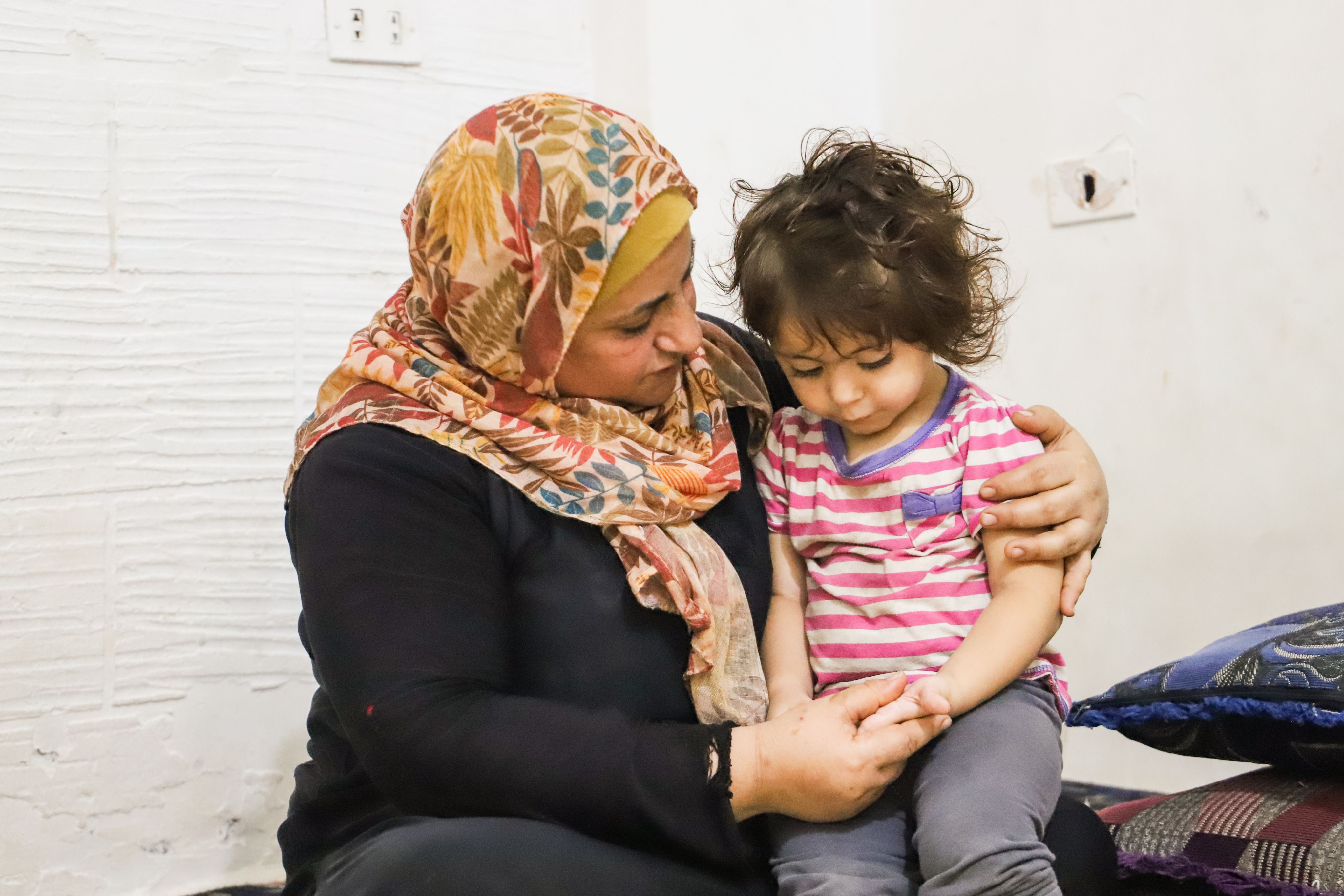
“I’m not able to buy my children what they need. I constantly have fear and anxiety about tomorrow,” says Fatima.
Life in the camps is brutal – for everyone, but especially for women without husbands, like Fatima and Farah.
Society doesn’t treat women like Farah and Fatima kindly. And it’s practically impossible for them to earn a living on their own.
“It’s difficult to find work at the camp,” Farah says. “I do some sewing from time to time, but it is barely anything. We stay at the camp because it’s cheaper than outside, especially after the huge inflation in prices.”
Fatima is in the same situation.
“I do whatever I can to put some food on the table,” she says. “I clean houses to provide for my family. But it is never enough. I barely make enough to buy bread and yoghurt.”
That means the kids have to work, too.
“I can’t afford to put my children in school since I can’t even pay for their stationery. My oldest three are working to help the family. I must be able to pay the rent and the electricity bill. Otherwise, we end up on the streets.”
Fatima and Farah are everything to their kids. Protector, provider, comforter.
The kids don’t fully understand the stress their mums are going through. But they feel the pain when they crack.
“I hit my children because I don’t know how to react to stress. Every time I hit them, I cry after it,” says Farah.
“I don’t know how to cope with the stress and act correctly with my children. Sometimes I resort to violence,” says Fatima.
The refugee camp is dangerous and scary for children.
Sometimes home is even scarier. But it’s a lot better than life on the streets.
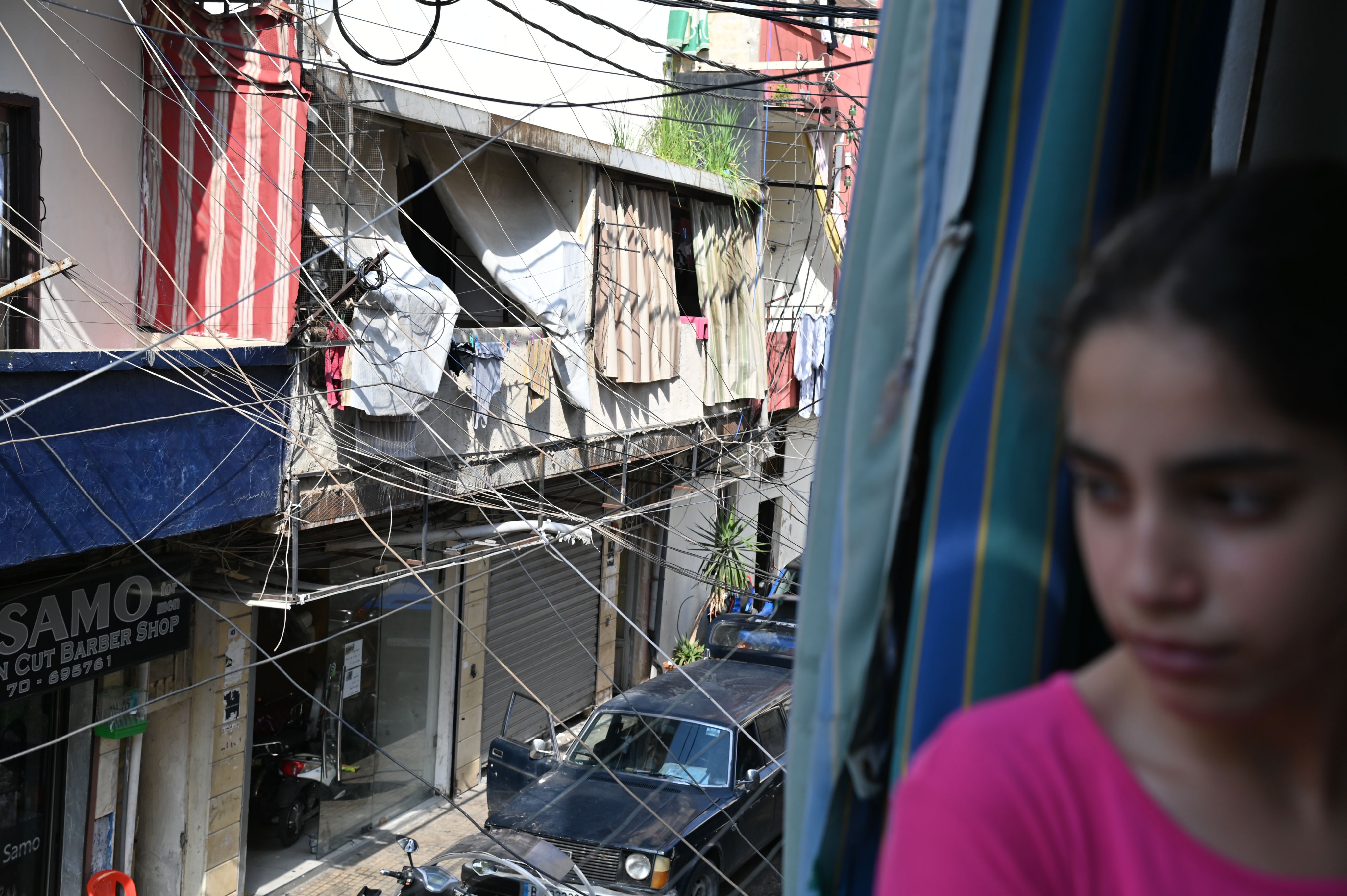
Where will their children go from here?
For children growing up in this camp, the future is uncertain. Like everything else in their lives.
Nowhere is safe. Nothing is for sure. No one can be trusted.
It’s tough for them to look ahead, when they spend each day heads-down, fighting to survive. They still have dreams, but their prospects aren’t good.
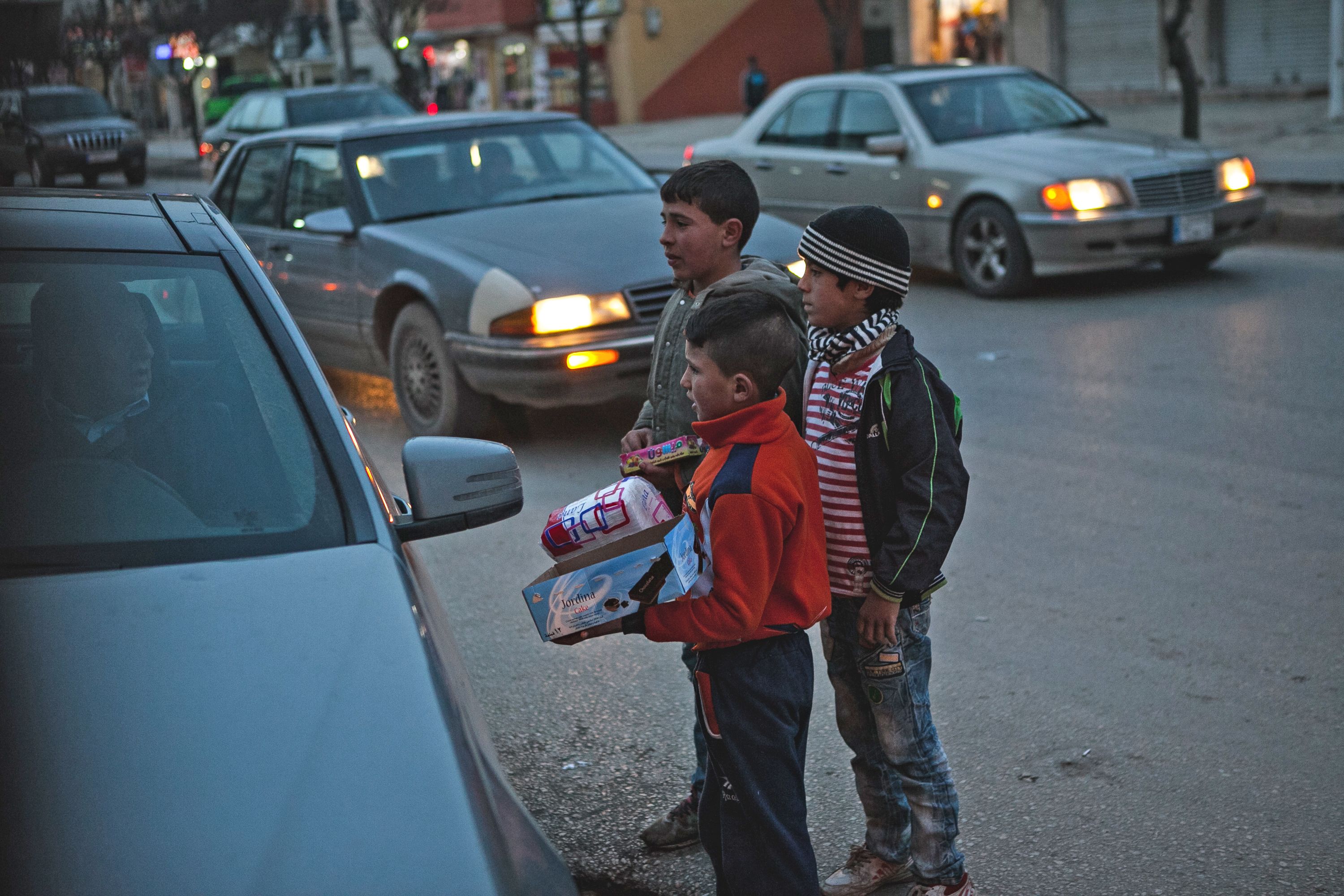
Child labour
20% of Syrian families in Lebanon have at least one child working to support the family.

Child marriage
One in five Syrian girls age 15 to 19 in Lebanon has been married off.
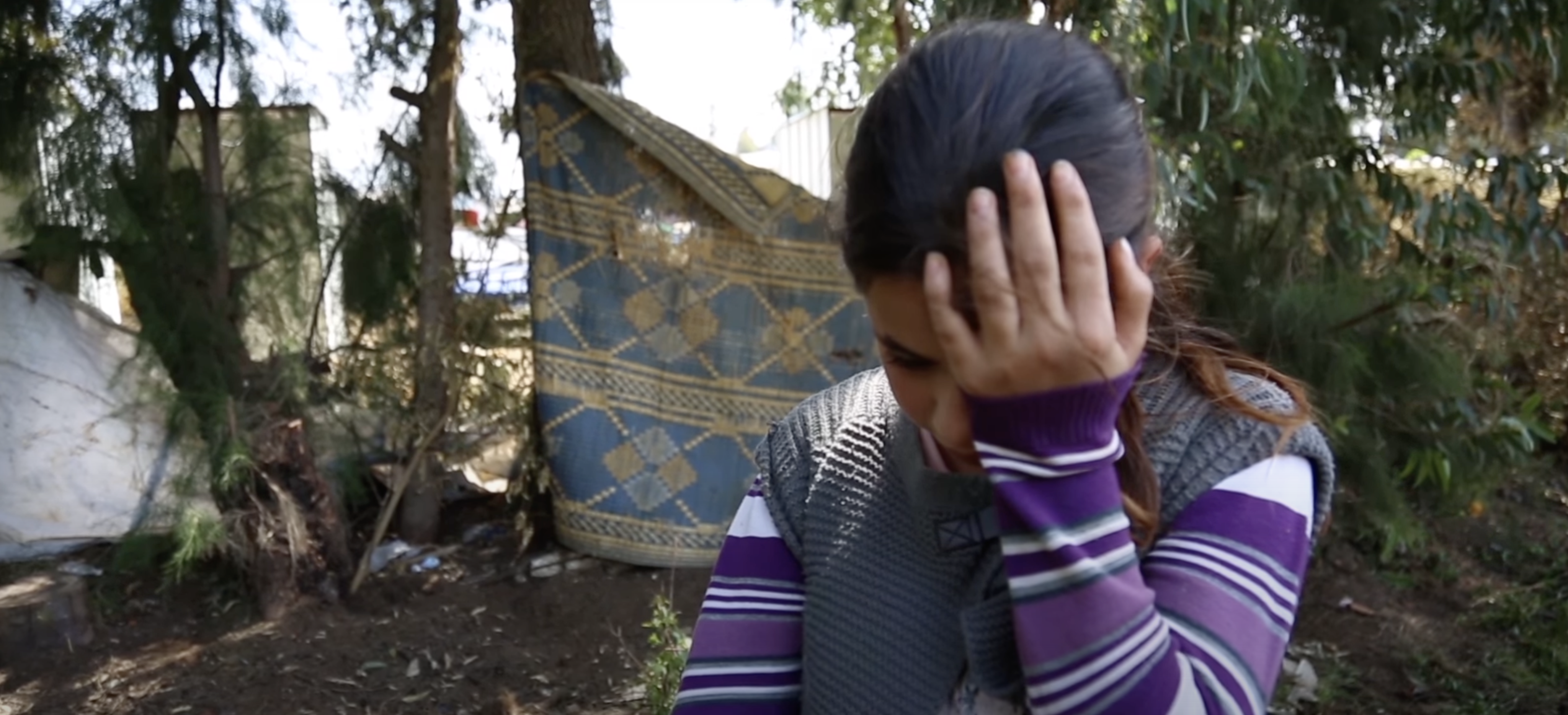
Abuse & psychological distress
Cases of child abuse and exploitation went up 44% between October 2020 and October 2021. One in four teens reports feeling depressed.
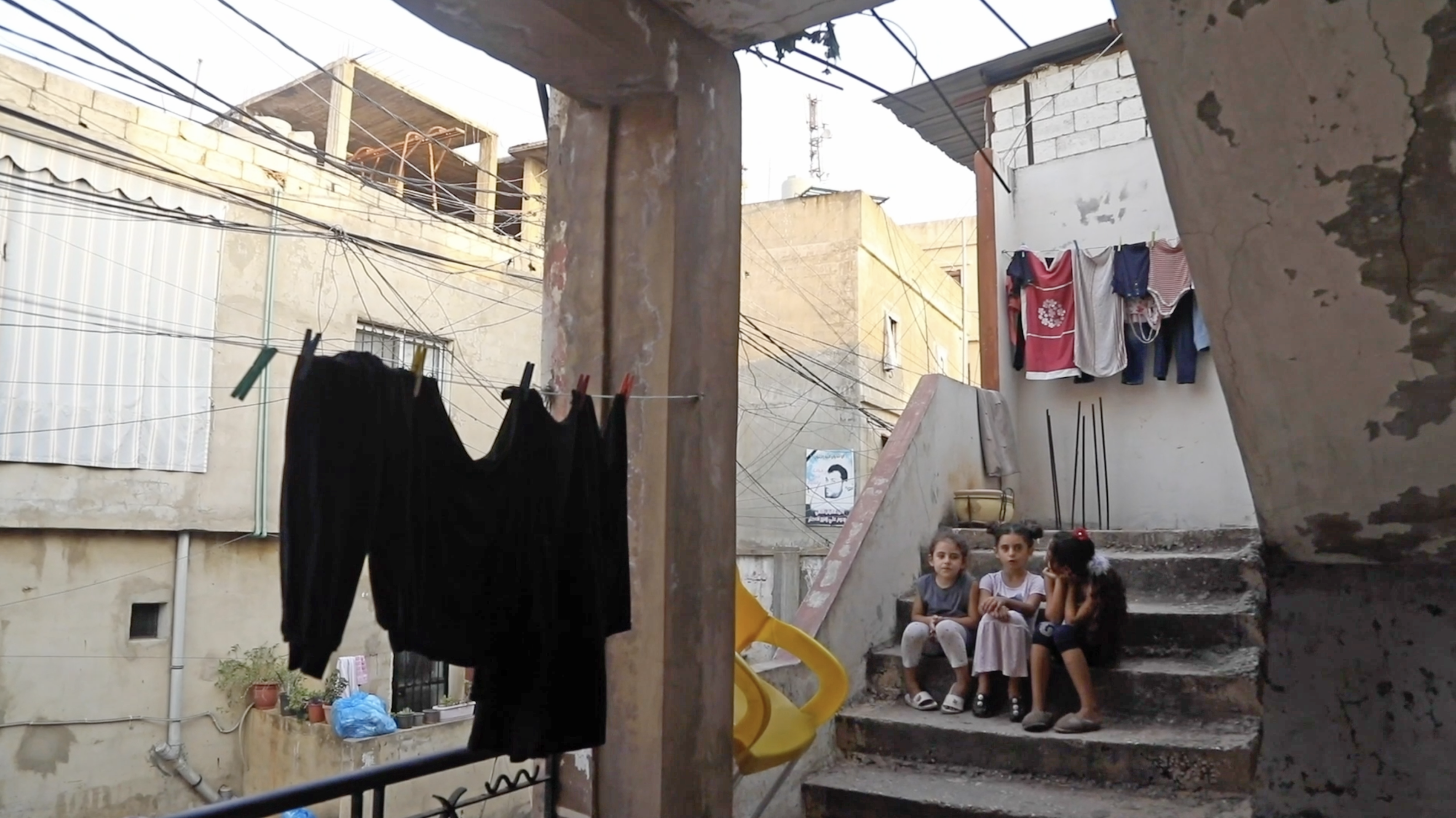
Illiteracy
More than 50% of school-age Syrian refugee children are out of school.
Families like Fatima and Farah’s are being pushed deeper into poverty and further out of sight, by the compounding effects of conflict, climate change, urban fragility, social exclusion, and inequality.
Families like Fatima and Farah’s are being pushed deeper into poverty and further out of sight, by the compounding effects of conflict, climate change, urban fragility, social exclusion, and inequality.
